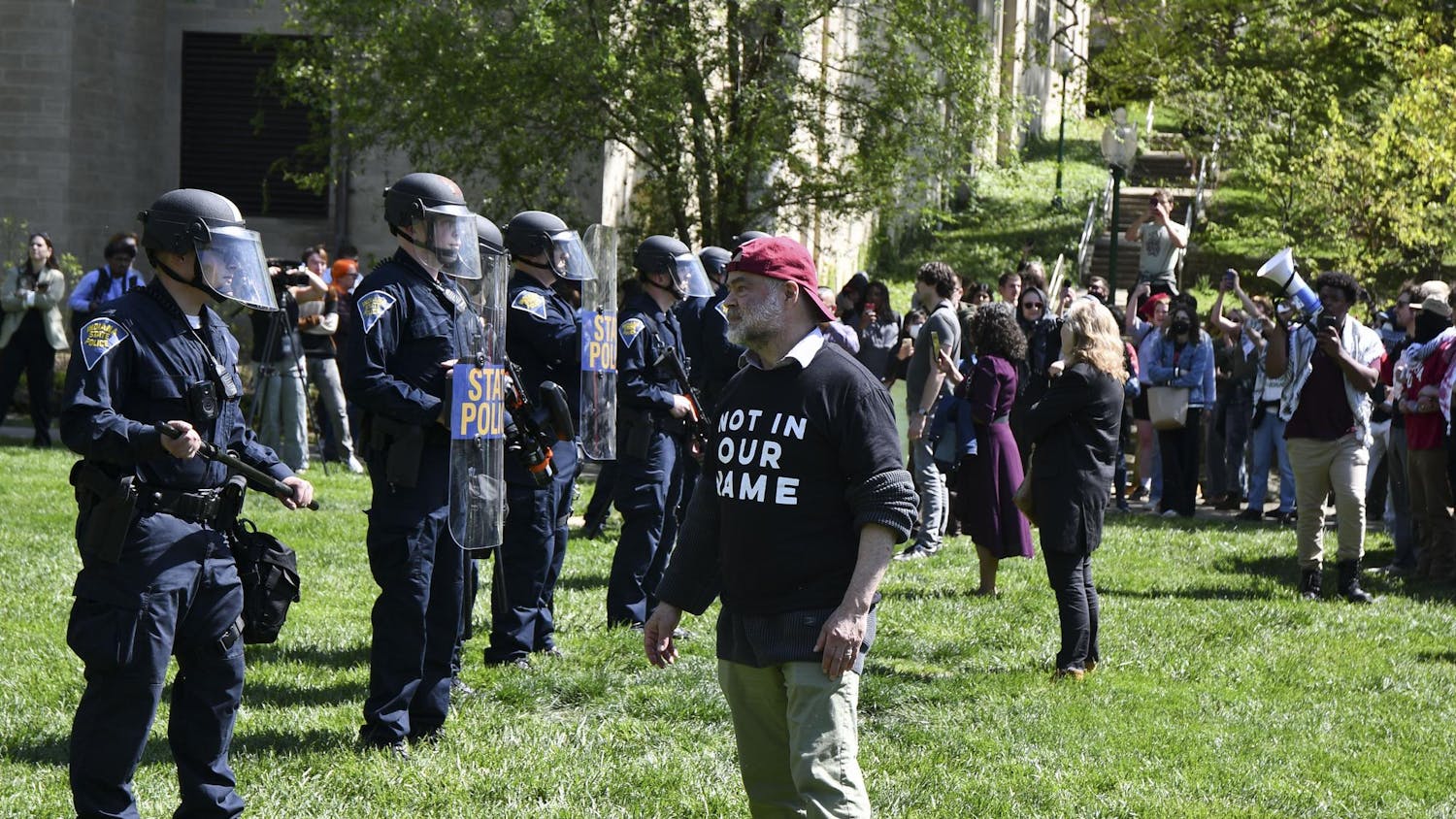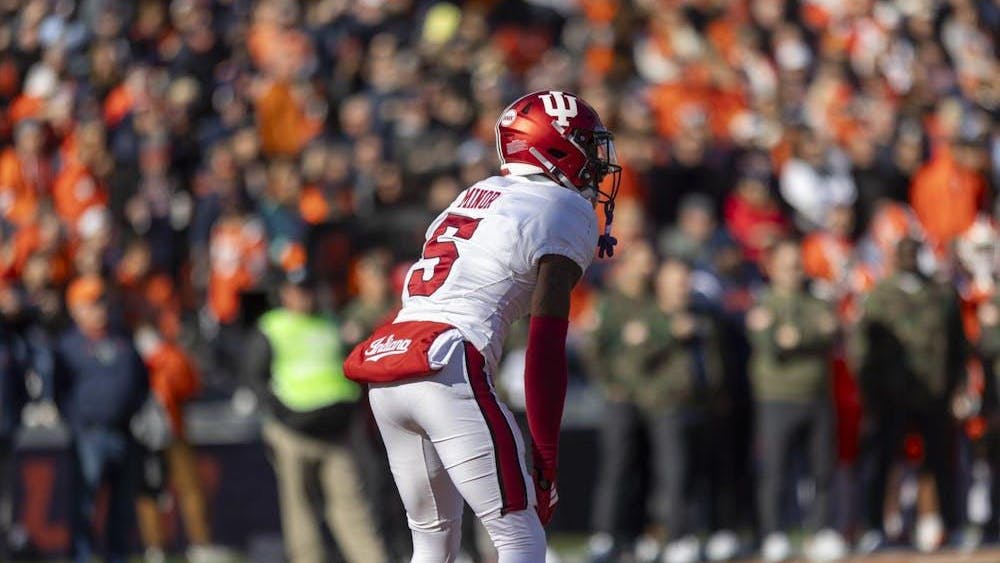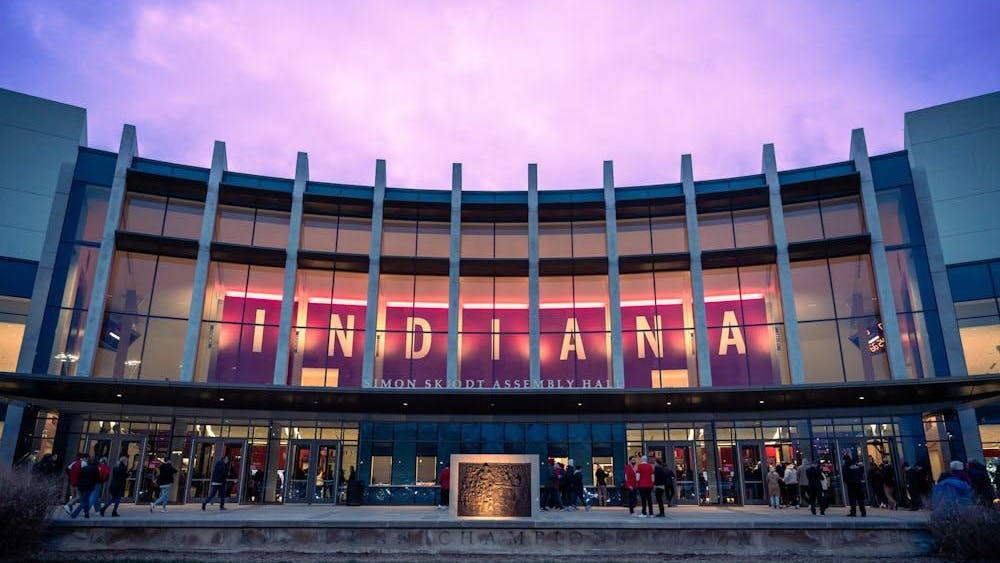Young introduced a bill in June to implement federal use of social impact bonds, which are a system of private funding used for social programs run by the government. Young co-wrote the bill with Rep. John Delaney, D-Md.
SIBs allow the government to receive funding for social-based programs from private investors. SIB projects that reach their set goals will bring a return investment that investors can receive partial benefits from.
If a SIB project is successful, the government pays back the investors. If not, tax dollars are not spent to continue funding.
On Tuesday during a research hearing, the U.S. House of Representatives Ways and Means Committee listened to testimonies of people across the nation who have worked with SIBs.
Areas of the bill are meant to target unemployment, high school graduation rates, teen and unplanned pregnancies, and child abuse and neglect.
SIBs are designed to increased effective evaluation of programs. Typically, an outside evaluator is hired to analyze program success.
With the heavy contracting involved in making sure a project is successful, SIBs might not necessarily be a cheaper alternative.
“What we do know, though, is that successful social impact bond projects save taxpayer money by definition, and no taxpayer money is spent on unsuccessful projects,” Young’s spokesperson Trevor Foughty said in an email.
At Tuesday’s hearing, Linda Gibbs, principal at Bloomberg Associates, talked about the organization’s SIB project to reduce future jail time for adolescents in Rikers Island Jail in New York City.
This is the first SIB in the nation.
Gibbs said evaluations for the project’s first year are underway.
If the return rate of inmates drops by 10 percent, the Bloomberg Associates will pay back the 9.6-million dollar investments of the private ?contributors.
If the return rates are higher, the potential pay-out rate could be as large as 11.7 million dollars.
Anything above that return investment is distributed back into Rikers Island.
David Juppe, who works for Nonprofit Leadership Services in Maryland, spoke at the hearing against SIBs, ?saying they are ineffectively funding programs with complex contracts that the government could just sponsor directly.
“Rep. Young has long supported policies that help us control federal spending while preserving our safety net programs for those who need them,” Foughty said. “But too often, politicians focus on the inputs of these programs rather than the outcomes.”
This is Young’s 20th sponsorship of a bill.





